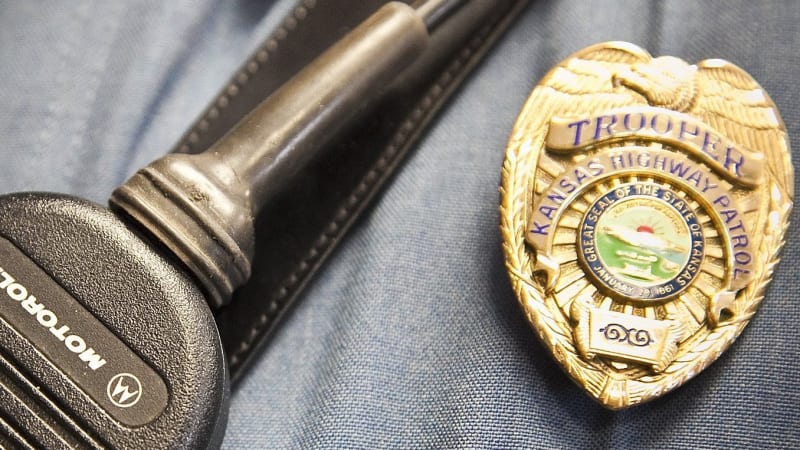Federal judge grants injunction banning 'Kansas Two-Step' Highway Patrol tactic

The Kansas Highway Patrol must stop using a tactic known as the “Kansas Two-Step” to detain out-of-state drivers long enough to find a reason to search their vehicles for illegal drugs, a federal judge has ruled.
U.S. District Judge Kathryn H. Vratil on Monday granted a permanent injunction. The injunction was not unexpected. It follows Vratil’s ruling in July that determined that the tactic violated drivers’ constitutional rights against unreasonable searches.
KHP spokeswoman Candice Breshears said the order is being reviewed by the state attorney general’s office and declined further comment. A message left Tuesday with the office of Attorney General Kris Kobach was not immediately returned.
The injunction has several requirements, including cameras and audio for all marked and unmarked patrol cars. It also says troopers must inform drivers that they can refuse or revoke consent for a search at any time. The injunction also requires better training and documentation.
With the “Two-Step,” troopers finish the initial traffic stop, issuing a ticket or a warning, and start to walk away, then turn back to talk more to the driver. That allows them to keep looking for grounds for a vehicle search or to buy time for drug-sniffing dogs to arrive.
The American Civil Liberties Union sued on behalf of three drivers and two passengers traveling in 2017, 2018 and 2019 from neighboring Colorado, which has legalized recreational marijuana use. The judge concluded that the patrol targeted drivers traveling along Interstate 70 to or from states that have legalized either the medical or recreational use of marijuana. Kansas has authorized neither.
“The Kansas Highway Patrol is not above the law,” Sharon Brett, legal director for the ACLU of Kansas, said in a statement Tuesday. “While KHP made various attempts to side-step accountability for its practices and put off this injunction, the Constitution has prevailed.”
The patrol previously defended its tactics as a response to I-70 serving as a major “corridor” for drug traffickers. But Vratil said in the July ruling that the patrol “waged war on motorists.”
“The war is basically a question of numbers: stop enough cars, and you’re bound to discover drugs. And what’s the harm if a few constitutional rights are trampled along the way?” she wrote.
Questions about the patrol’s tactics became more visible after Colorado legalized recreational marijuana almost a decade ago. Missouri did the same in 2022, and Oklahoma allows the medical use of marijuana. Only a handful of states don’t allow at least medical use.





